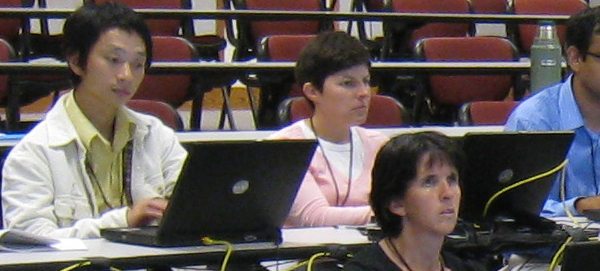
| Definition of Complex System Modeling |
Complex systems models typically contain many strongly interdependent, non-linearly interacting variables.
Modelers typically use tools or a suite of tools that can include artificial neural networks, genetic algorithms and agent-based modeling.
- Artificial neural networks are computational models that use the plasticity in connectivity of an
interconnected group of elements to processes information. In most cases, ANNs are adaptive, that is, they
change their structure based on external or internal information that flows through the network during the learning phase.
- Genetic algorithms are search techniques used to find solutions to optimization and search problems.
They are evolutionary algorithms that use techniques from evolutionary biology including inheritance, mutation,
selection and recombination.
- Agent-based models are computational models that simulate the interactions of autonomous individuals
in a network with a view to assessing their effects on the system as a whole. Often, the behavior of the ensemble is
emergent, that is, lower levels elements of the system generate complex behaviors at a higher level. Examples of such
phenomena include "learning" and adaptation.
Theoretical frameworks that rely upon linear regression statistics, a small number of interdependent variables or coupled
linear differential equations are generally not considered complex systems modeling.
|
|
|




